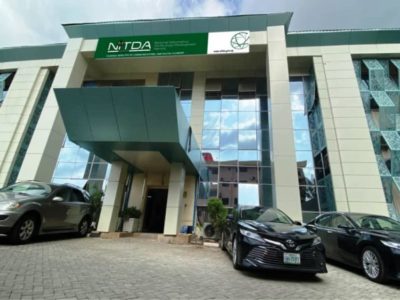Professional accountants must endeavour to acquire skills in cyber security and data protection among other IT related knowledge in order to remain relevant; and be more functional in the now fast evolving global digital economy.
Managing Director/CEO of Wema Bank Plc, Mr. Ademola Adebise, gave the advice at the 16th Institute of Chartered Accountants of Nigeria (ICAN) Western Accountants Conference with the theme: ‘Digital Economy: Whither the Professional Accountant.’
The event which drew participants from professionals across various sectors held in Ijebu-Ode, Ogun State.
RELATED ICAEW And OCAM Join Forces To Help African Accountants Embrace Digital Transformation
The financial services sector worldwide is increasingly vulnerable online crimes that include identity theft, hacking, fraudulent electronic mails, cyber harassment, spamming and ATM spoofing among others.
In Nigeria, email frauds and fake SMS-alerts remain one of the major threats. According to the Nigeria Electronic Fraud Forum (NeFF), bank customers lost N3.6 billion to cyber frauds in only two years between 2017 and 2018).
Similarly, attempted digital frauds in the financial sector was valued at over N9 billion in 2018 alone by the Nigeria Inter-Bank Settlement System (NIBSS).
“A large amount of data is sitting on storage, as accountants, we need to safeguard our storage and be versed in data recovery and business continuity planning should there be a loss or corruption of data,” said Adebise.
He added: “The accountant must know contemporary issues on cybersecurity – ensuring that digital information is safe and secure, at all times. Going digital exposes you to risk from hackers so as an accountant, you need to have an in-depth knowledge of cybersecurity and must know the various data and information security standards to audit the environment.”
According to him, cybercrime is transnational across multiple jurisdictions; a digital crime coordinated via complex cartel infrastructure involving actors across the world making it even exigent for accountants to learn digital skills that could help to tame the monsters of cybercrimes.
His words: “Apart from being security conscious and storing data securely, accountants should understand the changes taking place in the profession, including the evolution from traditional data collection methods. In case of loss or data corruption, the 21st-century accountant needs to be conversant with the Disaster Recovery Plan (DRP) to mitigate loss.
“These include using Enterprise Resource Planning systems that are interconnected to process data from production, distribution, marketing, and sales. The accountant, therefore, needs to be skilled to understand the complexities, transaction flows of the new ways of doing things and understand what data is saying.”































